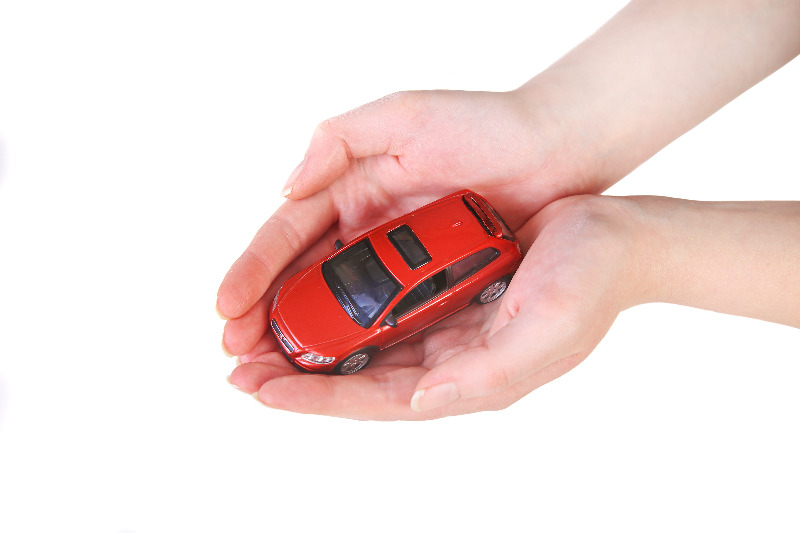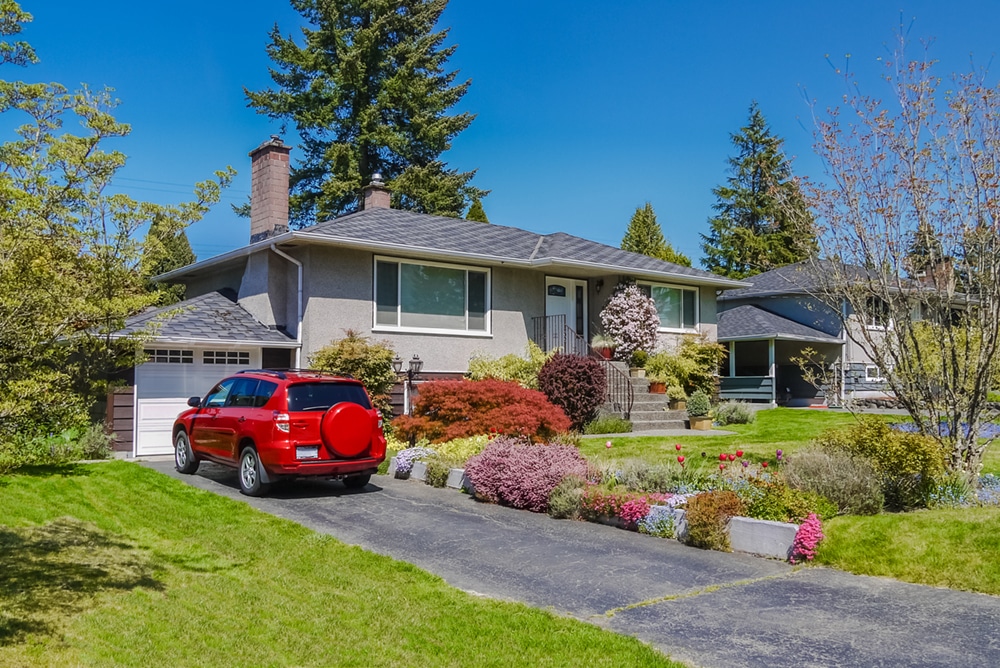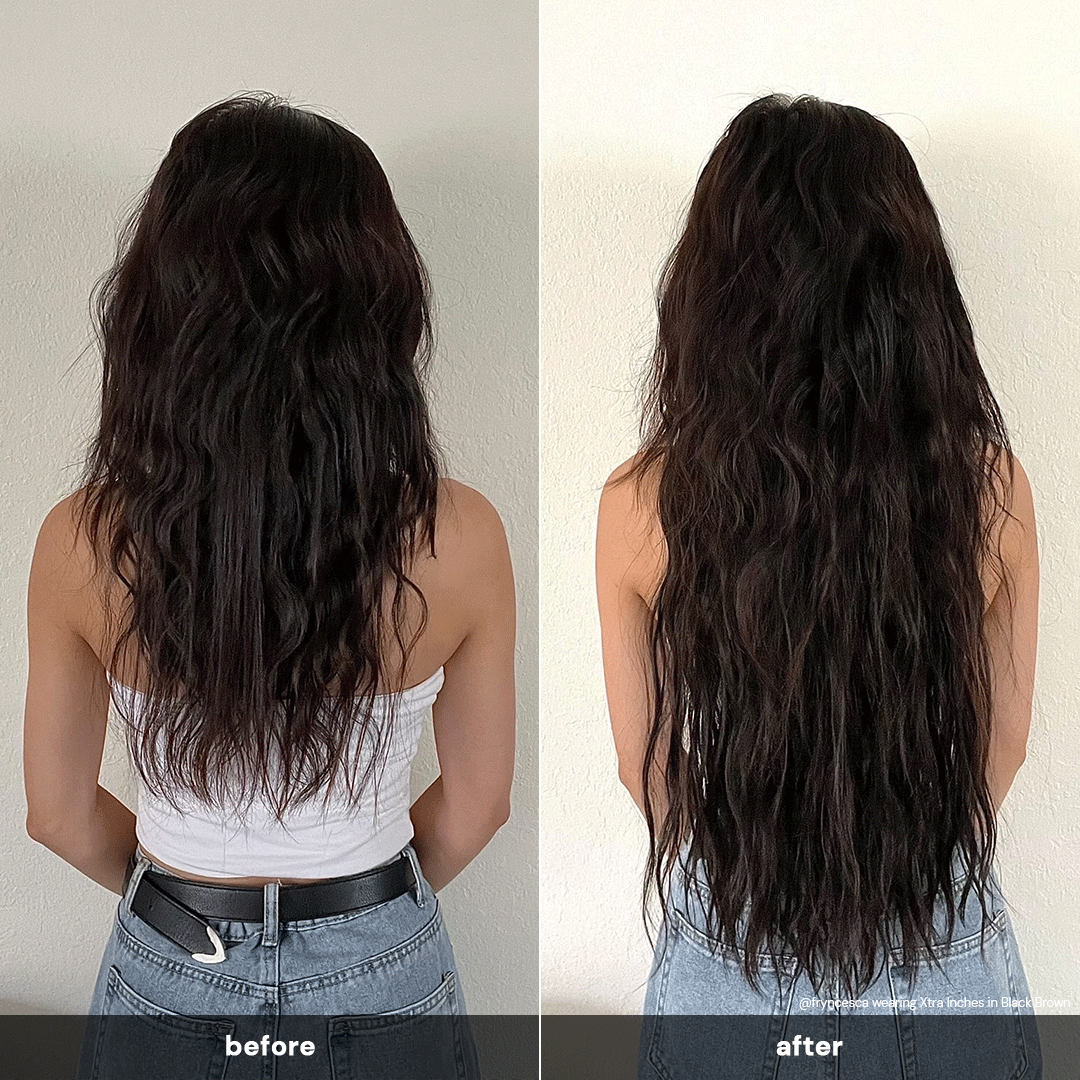Table of Content
- How Can Bankruptcy Help Protect My Home in PA?
- Chapter 13 Bankruptcy and Your Home
- You Can Keep Property Protected by a Bankruptcy Exemption
- Can you Afford Your Mortgage After the Bankruptcy Proceedings
- COVID-19 Update – A Message For Our Current Clients
- How Do You Find Bankruptcy Exemptions for a Home and Other Property?
Another important thing to consider when applying for bankruptcy is that if you are looking to keep your home, the trustee only considers the amount of equity in your home. Equity refers to the market value of your home minus the balance on your mortgage or home equity loans. Because most people who end up filing for bankruptcy have little home equity, they do not have to sell their home in the bankruptcy process if they do not want to. However, those who do have a significant amount of equity in their home will be forced to sell their home or pay the trustee for the value of the equity one has in the home. It may also be easier to get your financial life under control if you are not burdened by large monthly mortgage payments.

Especially for furniture and cars, this may be a lot less than what you paid or what it would cost to buy a replacement. This means that you count your exemptions against the full value minus any money that you owe on mortgages or liens. For example, if you own a $50,000 house with a $40,000 mortgage, you count your exemptions against the $10,000 which is your equity if you sell it. In a chapter 13 case, you can keep all of your property if your plan meets the requirements of the bankruptcy law. In most cases you will have to pay the mortgages or liens as you would if you didnt file bankruptcy.
How Can Bankruptcy Help Protect My Home in PA?
If you have past deficiency judgments, you wouldn’t have to pay those either, under Chapter 7. With Chapter 13, since you keep your house, you’d be responsible for that payment. Figuring out whether your home is exempt is a simple math problem – if you owe more than the market value, it’s exempt. Be sure to check what the exemption rules in your state are, because that’s part of the math. Less simply, the paperwork you fill out requires you to list what you owe, the exemption and your equity.

When you’re behind on your mortgage payments but want to keep your home, Chapter 13 bankruptcy might give you the time you need to catch up. Under this type of bankruptcy, the court approves a plan for you to repay the past-due mortgage amounts over three to five years, while you continue to make your current mortgage payments. As long you keep up with both of those payments, your lender can’t foreclose on the house. A Chapter 13 bankruptcy trustee won't sell your property, even if you'd like the trustee to do so. You must pay the value of your nonexempt property through your repayment plan.
Chapter 13 Bankruptcy and Your Home
Her state's bankruptcy exemptions include a homestead exemption that lets her protect $50,000 in equity on the house she lives in—her house of residence. While a discharge relives you of your obligations to pay most of your debts, not all debts are dischargeable in a Chapter 7 bankruptcy. Some debts that are typically dischargeable can be excluded from discharge if the specific creditor requests that the bankruptcy court declare the debt nondischargeable. These debts include debts for money or property obtained by false pretenses and debts for willful and malicious injury by the debtor to another entity or to the property of another entity. If the bankruptcy judge grants the creditor’s request, the debt owed to that creditor will not be discharged.
In the example above, the trustee will likely abandon the car. Once the secured creditor is paid, there will be no additional funds with which the trustee can pay unsecured creditors. Therefore, it is not worth the trustee’s time or expense to liquidate that car. If you have a choice of exemption systems, you’ll select the one that best protects your property. Because Chapter 13 bankruptcy involves a repayment plan you can use it to catch up missed payments.
You Can Keep Property Protected by a Bankruptcy Exemption
Once you've mastered this area, it's a good idea to review some other things you should know about filing for bankruptcy. Keeping your home is often the biggest worry about filing for bankruptcy â and which Chapter to file for. This article will give you some useful information so you can know what to expect. In most personal bankruptcies, the home must be sold so that this equity value can go to your creditors.

If you're thinking about declaring bankruptcy, the chances are that you're worried about how you can manage all your finances now and in the future. Many bankruptcy courts have established a mortgage modification mediation program to provide assistance to homeowners going through a Chapter 13 bankruptcy. It can’t force the bank to do anything the bank isn’t already doing. The truth is that filing a bankruptcy case is an extremely effective way to get rid of the debt you can’t pay.
With up-to-date mortgage payments filing for bankruptcy does not mean you will automatically lose your house. In fact, by eliminating other debts that are making it difficult to keep up with your mortgage payments. After four months, she stopped making mortgage payments on it. Soon after that, the family moved to a new home that they bought in their daughters name.

In the United States, bankruptcy is meant to give people a fresh start. Thus, when you declare bankruptcy, the government does not want to impoverish you and your family, so you are allowed to keep certain types of property when declaring bankruptcy. However, the property must be worth under a certain dollar amount in order for you to keep it. In general, chapter 7 exemptions are much lower, stricter, and offer less flexibility than chapter 13 bankruptcy. Our mission is to help low-income families who cannot afford lawyers file bankruptcy for free, using an online web app. Spun out of Harvard Law School, our team includes lawyers, engineers, and judges.
Upon payment, the lender will transfer title to you free and clear. If you moved a lot and didn’t have a particular state to call home in the two years before filing bankruptcy, there are rules for that too. In that specific case, you’d use exemptions from the state you were living in the 180 days before the two years immediately before you filed. The debtor is still obligated to make payments even when a stay is in place. If the homeowner misses payments, the lender can request permission to bypass the Stay.

The Chapter 7 trustee assigned to his matter will sell the house, give Ben the $150,000 homestead amount, deduct sales costs and the trustee's fee, and distribute the remaining amount to creditors. When you file for Chapter 7 bankruptcy, almost all of your property becomes property of the bankruptcy estate. The purpose of bankruptcy is to provide people with a fresh startand part of that fresh start is keeping the things you need to hold down a household and job. Bankruptcy exemptions allow you to keep the things you’ll need to work and live, such as furniture, dishes, clothing, and a car. Every state has a set of exemption laws, but some states allow you to choose between your state exemptions and federal bankruptcy exemptions.
Under California law, a Chapter 13 bankruptcy also allows you to keep your home. Homeowners facing this decision worry about losing their homes. If you’re overwhelmed by debt, however, bankruptcy gives you the opportunity to wipe the slate clean and start over. As long as you’re current on your mortgage payments and not in foreclosure, the chances are good in California that you’ll get to keep your home. You need to continue making your monthly mortgage payments to keep your lender from filing for foreclosure. Ben can keep his house in Chapter 13 bankruptcy, but only if he has enough income to make the monthly house payment and pay creditors for the $50,000 in nonexempt equity through the Chapter 13 repayment plan.

You don’t even need the exemption if you owe more on your house than it’s worth. On the other hand, if you have a lot of equity, the bankruptcy court may determine you have to sell your home to pay off creditors. If you are filing Chapter 13 because you had too much equity in your home, you will have to pay that amount to your unsecured creditors. To illustrate this, imagine you have $60,000 in credit card debt. When calculating the equity in your home, it was determined that there was $15,000 of non-exempt equity after subtracting the mortgage, closing costs, and your available exemptions.

No comments:
Post a Comment